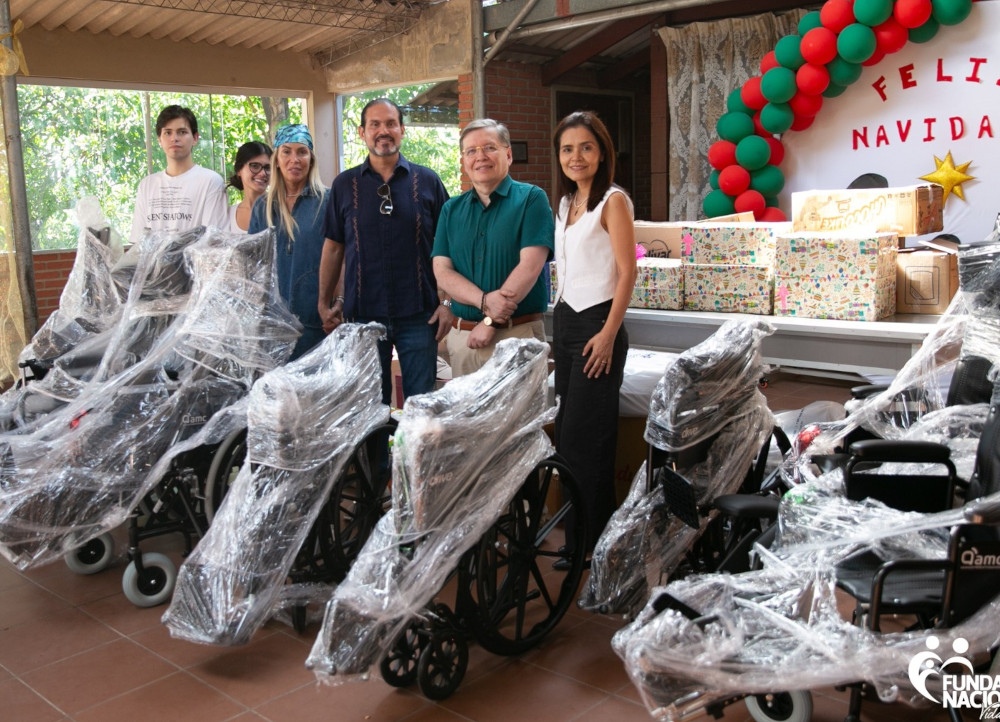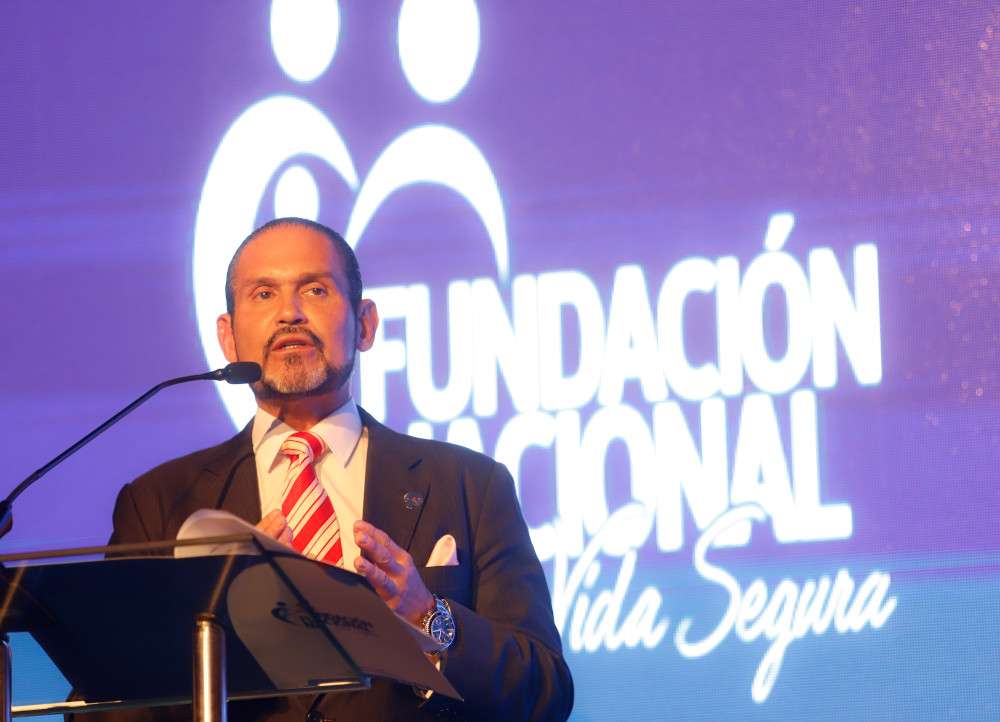A Gift for the Heart: Justina, Zenón, and Ponciano Begin Life Anew
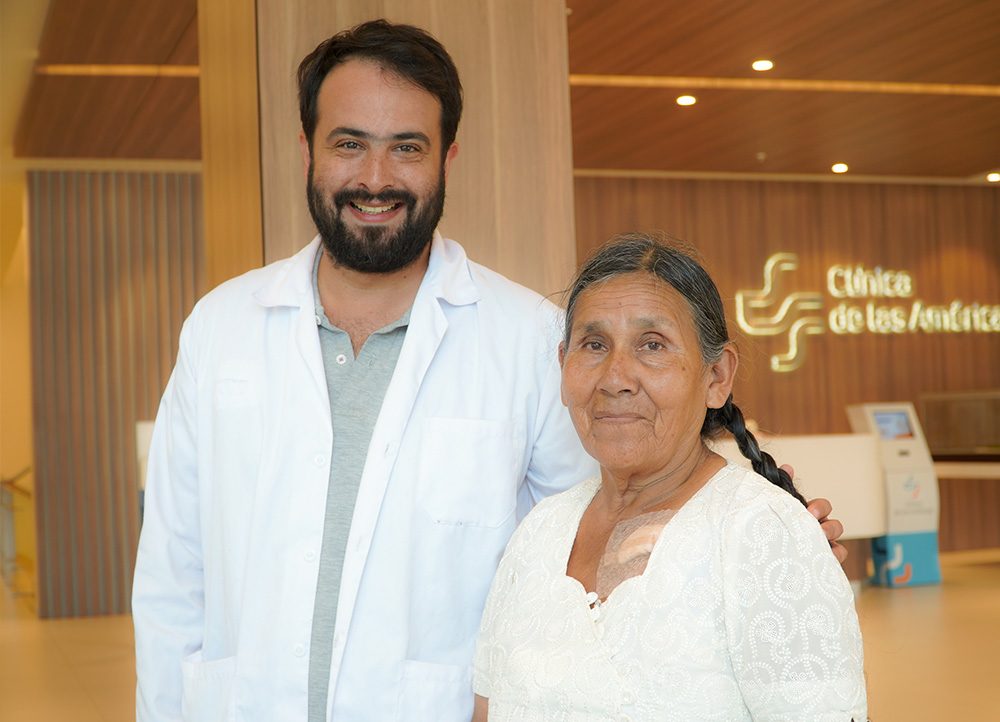
1 September, 2025
Patients from Comarapa and Saipina received pacemakers donated by Pastoral Social Caritas. The procedures were carried out at Clínica de las Américas and were fully funded by the National Vida Segura Foundation.
Justina Claros Rocha’s tears are tears of joy. At 70 years old, she says she feels hope return to her heart. Alongside Zenón Saldaña Covarrubias and Ponciano Fuentes Muñoz, she was referred from the San Martín de Porres Hospital in Comarapa to the Clínica de las Américas in Santa Cruz de la Sierra to receive a pacemaker donated through Pastoral Social Cáritas (Pasoc), in coordination with the National Vida Segura Foundation.
In August of last year, Doña Justina began fainting and was diagnosed with heart failure. “I didn’t have money for a pacemaker, so I’ve only been taking pills since then,” she says.However, dizziness and headaches were constant companions. Before falling ill, she made a living selling vegetables. Today, she survives on the senior citizen’s pension and by selling soft drinks in Comarapa, though she tires easily and can no longer carry her buckets.
A mother of nine children whom she raised on her own, she now lives with one of them in Comarapa and takes care of her two grandchildren, Erik and Esteicy, aged nine and seven, whom her youngest daughter left in her care when she went to work in Chile.”For myself, I wouldn’t want to go on living, but for them, I want to live a few more years. They’re still little—I can’t leave them. Now, with the pacemaker I received, I know I’ll be better,” she says emotionally.
The story of 68-year-old Zenón Saldaña carries a similar tone of gratitude.
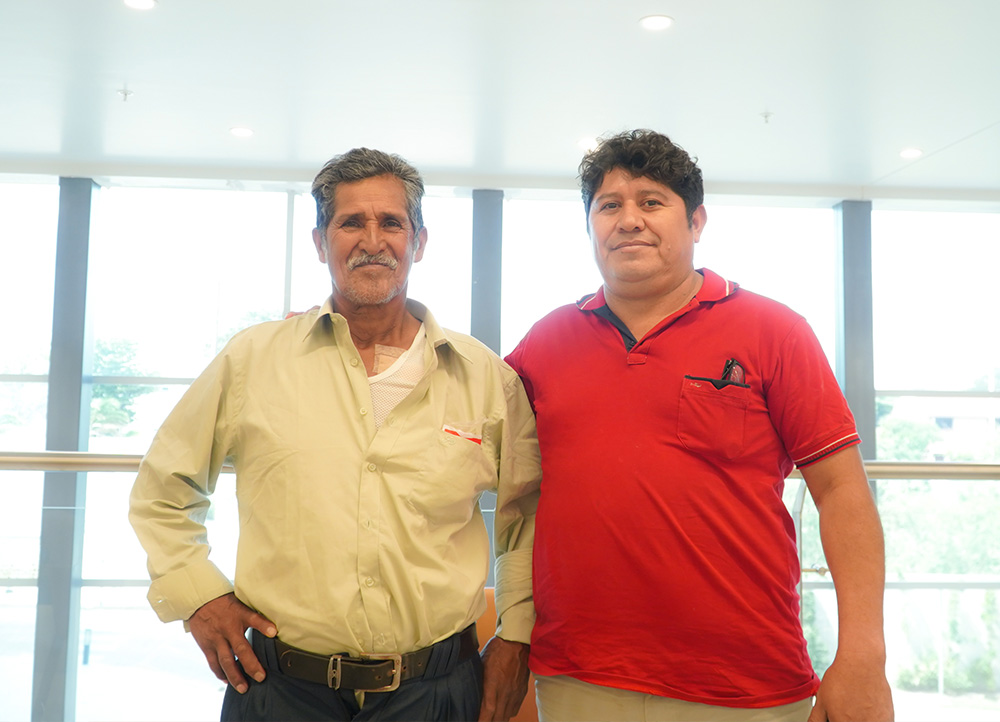
A farmer, born in Pasorapa (Cochabamba) and living in Saipina, he has lived for 15 years with the consequences of Chagas disease, which damaged his heart.
“They told me I needed a pacemaker, but I refused—I was hesitant because I didn’t have the money,” he recalls. His decision changed when a nun at the hospital told him about the campaign: “Everything will be fine, don Zenón; you won’t wear yourself out,” she reassured him.
Although he jokes that he only agreed to the operation on the condition that afterward his children help him treat his prostate—another health issue he faces—his gratitude is unmistakable. Just one day after the surgery, he was surprised he could walk up the clinic stairs without getting tired.”Before, it felt like climbing a mountain. Now I’m fine—I don’t wheeze with every step anymore,” he says with relief.
The third beneficiary, 53-year-old Ponciano Fuentes, also suffers from Chagas.
His heart gave out in February when he fainted while pushing a cart of potatoes for local street food vendors. “My head started spinning, and then I collapsed,” he recounts. Since then, he hasn’t been able to work, as the doctor forbade him from using a hoe.
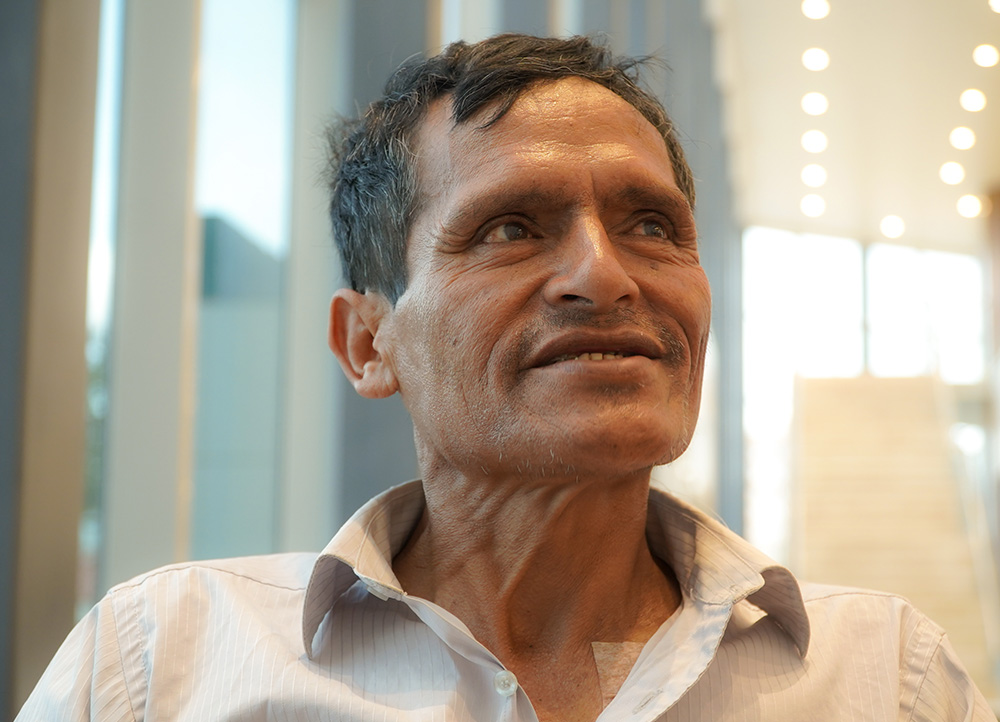
A father of five and grandfather of eight, he lives in the community of Bañado de la Cruz, where he settled after an earthquake devastated his hometown of Totora. “At the hospital, they told me to wait for a pacemaker campaign, that it would make a real difference,” he explains. When he found out he was on the list of recipients, hope returned. “I’m happy—I feel no pain. May God bless the sister who helped me; now I have more time to live.”
The person these patients consider their benefactor is Sister María Gracia Díaz, administrator of the San Martín de Porres Hospital, which belongs to the Congregation of the Dominican Sisters of Saint Catherine of Siena. After learning from Father Christian Muessing, executive director of Pasoc, about the availability of donated pacemakers for low-income patients, she took it upon herself to identify those most urgently in need.
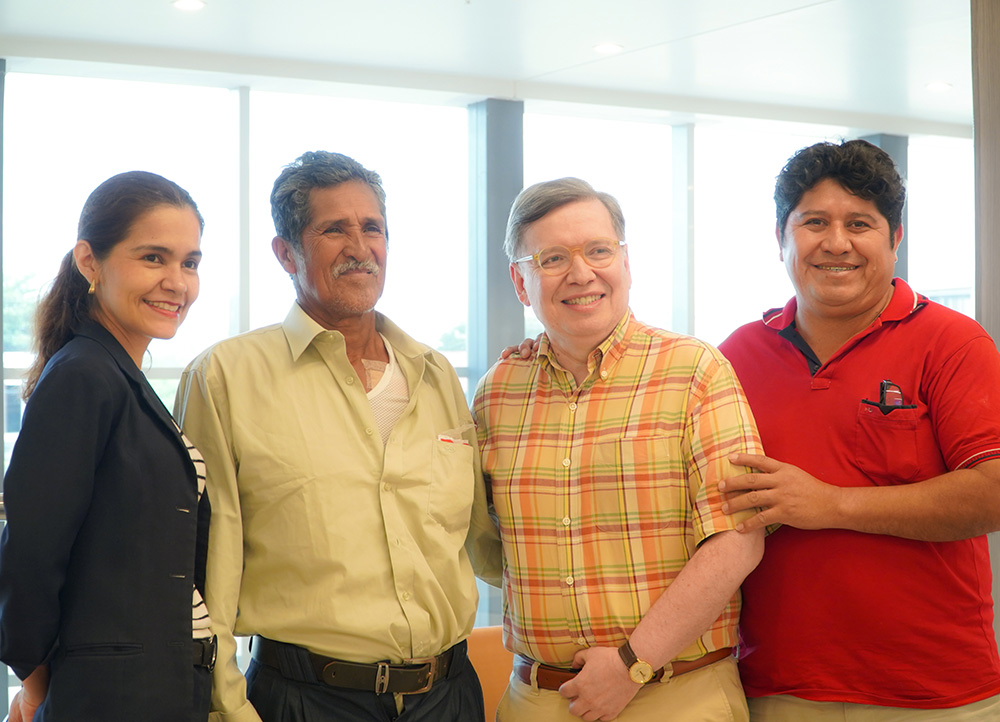
The surgeries were led by cardiac electrophysiologist Dr. Hugo Buhezo at the Clínica de las Américas. “We evaluated all three patients beforehand to confirm their need for a pacemaker. We hope this therapy will allow them to live full lives,” said the specialist. He added that for the beneficiaries, neither the devices nor the surgeries involved any cost: “The clinic provided a significant discount, and the remaining expenses were covered by the National Vida Segura Foundation.”
